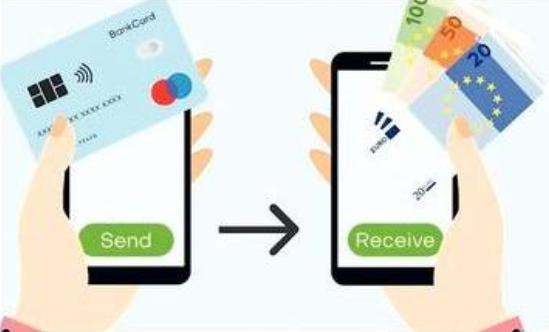
Not so long ago most Goans were kept busy each month in paying their utilities bills. Be it electricity, water or telephone bill, Goans would queue up at respective offices; endure the arrogant cashier, who might or might not yell at those that did not bring the exact change. Most senior citizens were at the receiving end and would be treated humanely depending entirely on the cashier’s mood. Then some banks took over this exercise, but you still had to deal with the arrogant cashier’s attitude. With the digital revolution, everything has changed rapidly. Most Goans hardly visit the utilities offices as there are many platforms willing to pay your bills. Either you give instructions to the bank for a direct debit from your account or there are other payment platforms that are willing to not only pay your bill, but also give you a cash-back for doing so.
GooglePay, PhonePay, Paytm, PayZapp, UPI and what have you, are all lining at your door, so to speak, to pay your bills. Most are deep pocketed and so can afford to give away the commission they receive from the utilities company hence the cash-backs. Yes! You read that right – the utilities company pay a commission to these platforms. The commission looks miniscule, but the sum total is sizeable. Now, you are wondering that your trips to the utilities companies to pay your bills never fetched you any cash-backs, instead chances of you being yelled at for trivial reasons were almost certain. Companies like GooglePay, etc, revenue model is to receive commission from the company they are collecting their bills from.
When GooglePay collects the payment from the user, the company that receives the amount pays a small commission to them. The amount is small and nobody minds, after all there is a service involved. The moment these companies accept commission only from the utilities company, but that does not stop them from collecting from the user at a future date. Remember this is new evolving method and to lure the people into using their platforms they are prepared to forego their right to collect commission from the user. The deeper the pockets, the longer they will sacrifice their commission.
There are some airlines or movie ticket booking platforms that have started charging a convenience fee from the users, but these platforms cater to users not so frequently hence nobody minds. Nobody flies or goes to the movies every day. But the problem is when users using UPI or GooglePay or the rest of the platforms practically every day and for every small transaction. A slight tweak on the user commission policy will lead to a windfall gain to the collecting platforms while the public is fleeced rupee by rupee. Initially the impact will not be felt by the users, but when you add it up at the end of the year it can amount equal or more to the cost of your mobile handset, which you used in paying for your purchases.
While at it, the government will throw its hat in the ring and collect tax on the transaction between you and the vendor, than you have another third party making money on a simple payment transaction. Those using Swiggy, Zomato or even Makemytrip are aware of the amount of taxes one has to pay for a food delivery or ticket booking. So you buy one bread from the Poder (have seen some of them use UPI) for Rs 5 you will end paying the UPI and the government, how much, better to leave it to your imagination and please don’t complain your bread is getting smaller.
This writer is not against technology, but the way Goans are getting used to flashing mobiles and paying bills fashionably, they must be prepared that with technology will come innovative ways of taxation. If you are willing to donate your money to the government and not ask questions, nobody can help you. There are many who have pre-empted this future government move and are not willing to give up cash for their day-to-day transactions. The fact that cash in the economy is much more than the day demonetisation took place only goes to show that Indians are smart enough to understand future digital traps.
Does not mean we shun technology, but when politicians get ready with their agenda for the general election, take it in writing from political parties they are not going to tax a paisa on UPI, at least till the term they are seeking our votes. As far as platforms are concerned, competition between so many of them will keep them on their toes. You can choose a platform which does not charge from the user, more the platforms merrier the situation.
The problem in our country is that we have given critical thinking a break. Everybody is in applause mode. The budget will be announced the day after and chances are that the Prime Minister might allow some breaks on the Personal Income tax, we will applaud so much that we will forget our original demand was to eliminate personal income tax altogether for the country to perform to its potential. Politicians know how to manipulate our expectations. We have no Nani Palkiwala who would decipher the budget and not take sides depending on which party he supports.
Tax has always been a tool used by governments to make sure the middle class remains in the middle. The poor are well off because they don’t pay and the rich know how to skirt the issue. The digital tax that can come on UPI payments is to make the net wider. Even RBI has joined the bandwagon with digital rupee. Keep digital payment a handy option but don’t discard physical cash, after all cash is King and with good reason.
(The author is a business consultant)
